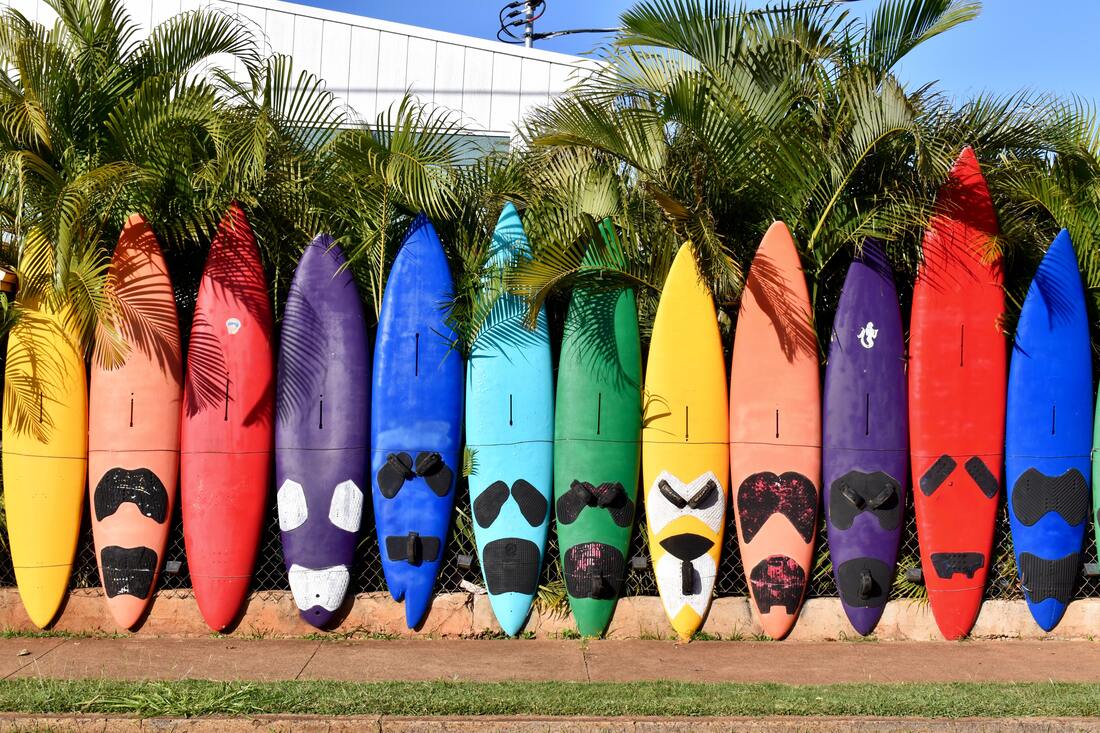|
On Monday, we focused on how churches need to engage with the waves of cultural change that seem to be hitting us from all directions. We need to ask: is this a preference or is it a principle of doing ministry? Now that we are clear on our ministry principles, here comes the big question: what should we do to ensure our church programs are effective?
Picking the right surf board. When we lived in Hawaii, I constantly heard the debates about what surfboard was the best. I heard people almost willing to come to blows about what the best places to surf are, what boards are best and where you could catch the killer wave. In the end, they were all right and they were all wrong because they forgot about a key principle. Here is the key: The best wave and best board is the one you can actually ride. While you may say “duh” at that, how many times to we buy a surfboard, skis, or hoverboard based on what we think is cool and then end up with something we crash and burn with. The same applies for computers, cameras, cooking appliances and even exercise machines. We all have high hopes but unless we get clear on what we can do and ensure we have the motivation to do it, it really doesn’t matter. Which one is right for me? Going back to the surfboard example, we need a way to evaluate it. When looking for the right surfboard, there are a couple questions to ask:
Using several key questions can make sure that you get the right board for you and get you off to the right start to catch a wave. So…what the heck does this have to do with church programs. Church Programs = Cultural Surfboard Church programs (and I use that word loosely) follow the same thought process.
Churches constantly dream up of ideas for new programs to support their mission and often fail. I believe this is because they did not properly evaluate it in the context of their objective, skills and environment to ensure it can be successful before it ever starts. Instead, we get so caught up with someone “having an idea” that we do not want to discourage them and we never consider the cost of doing it and the impact of wiping out on the church mission.
0 Comments
Leave a Reply. |
AuthorRead the ramblings of mainly Eric concerning church growth or whatever catches his attention. Archives
October 2021
Categories |

 RSS Feed
RSS Feed
